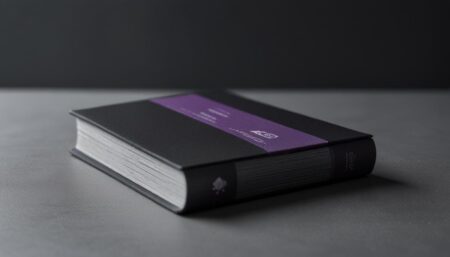The Trades Union Congress (TUC) introduces a draft bill to safeguard workers from unfair dismissal and discriminatory practices arising from AI-powered decision-making, proposing bans on certain technologies and advocating for human reviews and transparency.
The Trades Union Congress (TUC) has introduced a draft bill to protect workers against the risks and harms of artificial intelligence (AI) in the workplace. The draft legislation aims to safeguard employees from unfair dismissal and discriminatory practices resulting from AI-powered decision-making. This initiative seeks to address “high-risk” decision-making scenarios and ensure workers can contest decisions made by AI systems.
One key proposal is to ban the use of emotion recognition technology, which analyzes facial expressions and body language. The bill also advocates for workers’ rights to have human reviews of AI decisions, demands transparency from employers regarding AI data, and introduces workplace AI risk assessments. Furthermore, it highlights the necessity of amending the Equality Act 2010 to account for AI-related discrimination.
The TUC’s proposals come in the wake of increased discussions on AI regulation, amplified by recent EU legislation that restricts AI systems posing an “unacceptable risk.” Industry experts have voiced concerns about the administrative burdens the bill could impose on organizations, particularly small and medium enterprises (SMEs). Despite its potential challenges, the TUC believes the legislation is crucial for ensuring worker protections in an era increasingly dominated by AI technology.










